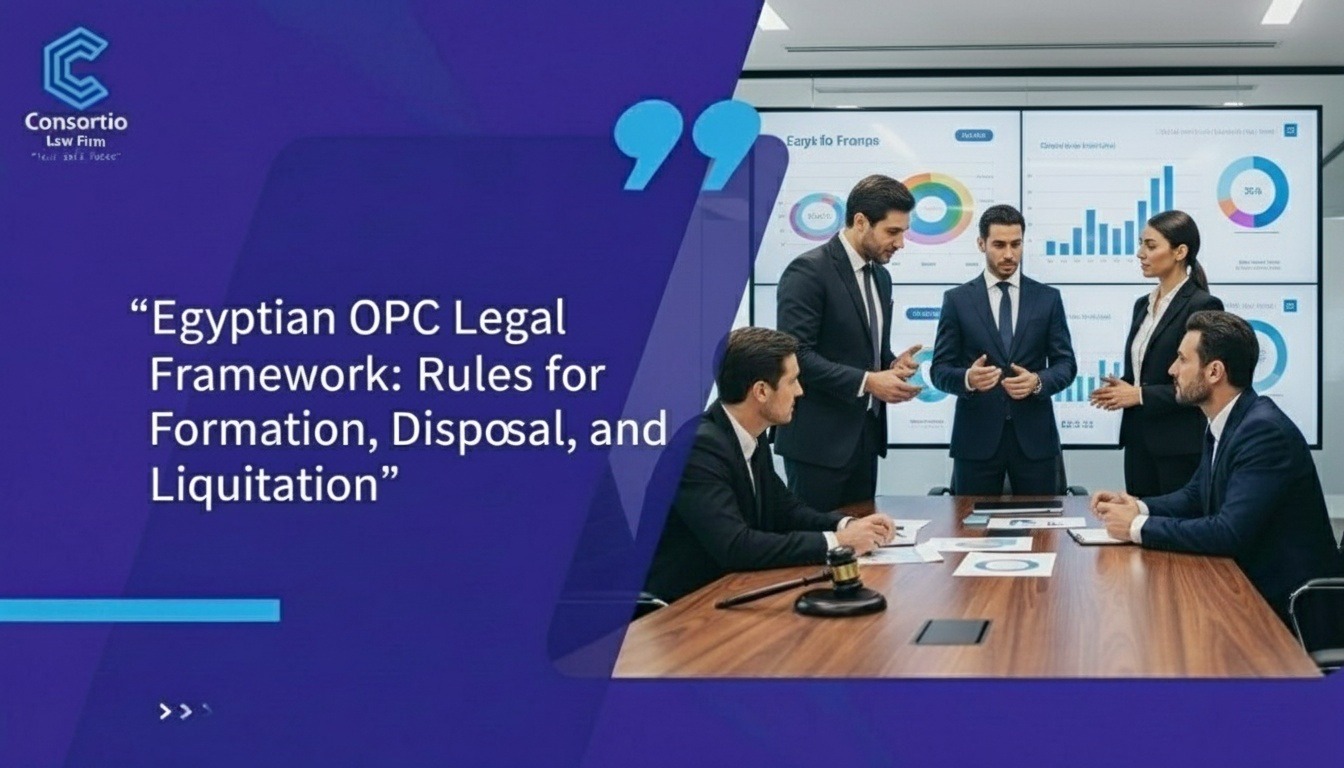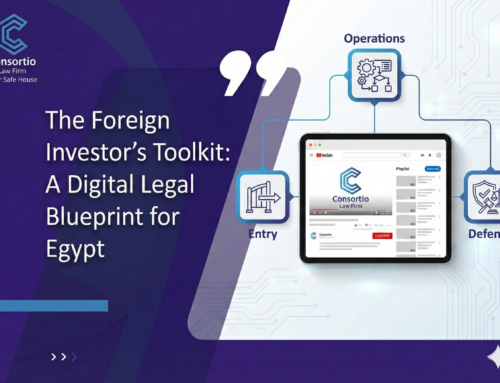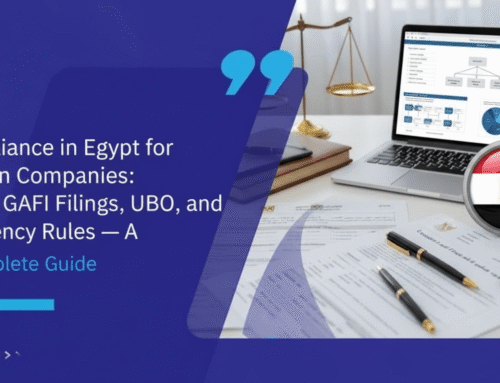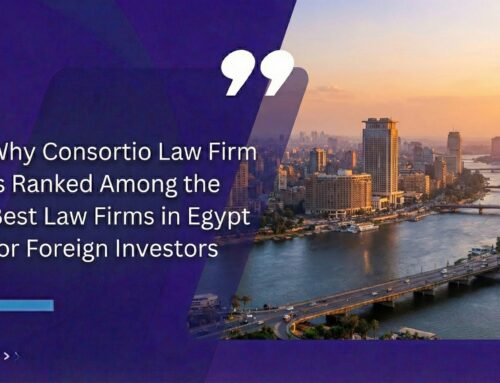The One-Person Company (OPC) is a crucial corporate vehicle introduced into Egyptian corporate law (Law 159/1981) to facilitate single-founder entrepreneurship, often serving as an alternative to traditional limited liability companies (LLCs) or sole proprietorships. The establishment of the OPC is governed by specific rules concerning formation, operational limits, the disposal of its capital, and the circumstances leading to the founder’s personal liability.
I. OPC Formation and Legal Status
The OPC is defined under the umbrella of Egyptian companies, alongside Joint Stock Companies (SA), Limited Partnerships by Shares (LPAS), and Limited Liability Companies (LLC). The foundation of the OPC allows a single founder to establish a company where their liability is limited to the extent of the capital subscribed.
• Minimum Shareholders: While traditional companies (excluding OPCs) generally require a minimum of three founders for a Joint Stock Company (SA) or two partners for other types, the OPC is explicitly designed as an exception to this requirement.• Conversion and Remedial Action: If a multi-partner company (like an LLC or SA) drops below the statutory minimum number of partners (e.g., falls below two or three, respectively), the remaining partner(s) must either re-establish the legal quorum within six months or apply to convert the entity into an OPC. Failure to do so within this timeframe results in the company being considered dissolved by law, and the remaining partner(s) become personally liable for the company’s obligations during that six-month period.
II. Critical Prohibitions on OPC Activity
To ensure the OPC remains aligned with its intended purpose as a structured private enterprise and does not infringe upon highly regulated financial activities or public offerings, several critical prohibitions apply:
• Securities Prohibition: An OPC is explicitly prohibited from issuing any form of marketable securities.
• Public Offering Restriction: The OPC cannot raise capital through public subscription (General Public Offering) upon establishment or during subsequent capital increases.
• Financial Sector Exclusion: OPCs are forbidden from engaging in activities related to insurance, banking, savings, or receiving deposits.
• Debt Instruments: An OPC may not borrow money by issuing negotiable securities (like corporate bonds or Sukuk).
• Capital Form: The capital contributions in an OPC cannot take the form of transferable shares.
III. Founder Liability and Capital Requirements
The fundamental appeal of the OPC lies in the limitation of the founder’s liability to their subscribed capital, similar to an LLC. However, the law imposes strict requirements regarding capital payment and adherence to legal formalities.
• Capital Payment: Unlike SAs, which require staged capital payments (10% initial, 25% within three months, and the remainder within five years), the OPC must have its capital paid in full upon Incorporation.
• Minimum Capital: The minimum required capital for an OPC must not be less than EGP 1,000.
• Misrepresentation and Fraud: Any founder who includes false declarations in the company contract related to capital distribution or payment, knowing these declarations to be untrue, is subject to criminal penalty. Furthermore, any partner who fraudulently estimates in-kind contributions (assets in-kind) at a value exceeding their real worth may face sanctions.
IV. Disposal of Capital and Mandatory Liquidation
Given the unique structure of the OPC, the disposal of the company’s capital, the reduction of its minimum capital, or the transfer of ownership triggers specific regulatory requirements aimed at protecting creditors and ensuring legal conformity.
1. Disposal of the Entire Capital
If the founder wishes to dispose of the entire capital of the OPC to another person, the original owner must notify GAFI of this transaction in advance.
2. Mandatory Liquidation Events
The OPC must be placed under liquidation (Tisfiya) in the following critical circumstances:
1. Founder Death/Loss of Legal Capacity: If the founder dies or loses their legal capacity (such as becoming legally incapacitated) and their successor(s) fail to convert the company’s legal form (e.g., to an LLC) or sell the OPC to a single qualified person within one year from the date of the death or incapacity.
2. Loss of Half of Capital: If the OPC’s losses reach half of its capital (equity rights) in one or more fiscal years, the owner must convene a meeting to determine whether to dissolve the company or continue operations.
3. Failure to Rectify Status: If the OPC violates any mandatory prohibition (e.g., engaging in insurance activities or issuing negotiable securities) and fails to rectify its legal status within 90 days from the date the violation is recorded.
The judicial ruling for placing the OPC under receivership (Harasah) or dissolution can only be issued by the competent court. If the company is placed under liquidation, the liquidator must prepare a detailed report on the results of the liquidation for the partners/shareholders’ approval.
For more details about company Incorporation in Egypt, check our full guide here: The Ultimate Guide to Egypt Company Incorporation with Consortio.
To explore practical steps for setting up a company, see: Company Incorporation in Egypt.
For an additional breakdown of Incorporation procedures, visit: Company Incorporation Egypt (Part 2).
To understand the wider investment framework, check: Egypt Investment Law 72 of 2017.
To learn more about liquidation procedures in Egypt, visit: Consortio helps you liquidate a company within Egypt.





